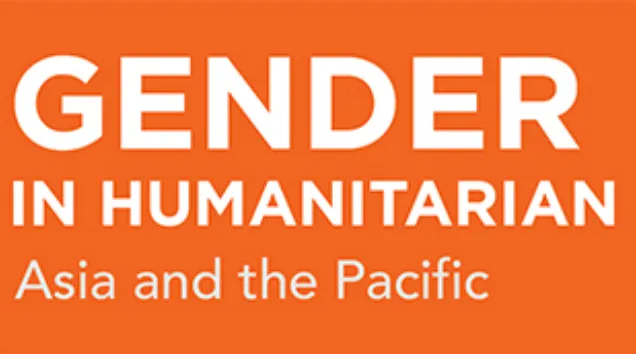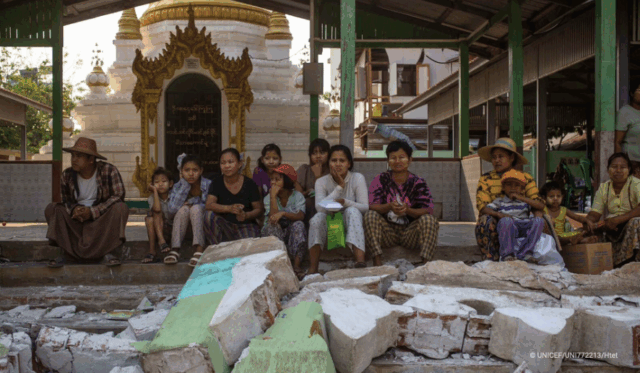Gender-impact flash update: Myanmar Earthquake No.2


This update has been prepared by the Gender in Humanitarian Action Working Group (GiHA WG), based on initial reports from GiHA WG members and partners on the ground in Myanmar, including women-led organisations. It provides an overview of the specific needs of women and girls affected by the earthquake and the gender-responsive elements of the ongoing humanitarian response.
The GiHA Working Group is ensuring the needs of women and girls, including youth and adolescents, and those who are pregnant, older, or have disabilities, are prioritised throughout the humanitarian response.
BACKGROUND
On 28 March 2025, two powerful earthquakes—measuring 7.7 and 6.4 in magnitude—struck central Myanmar, with epicentres near Mandalay and Sagaing. An estimated 17.2 million people across 58 townships have been affected, including more than 9 million in the hardest-hit areas.¹ According to publicly available information, more than 3,500 people have died, around 4,500 have been injured, and hundreds are still missing. The earthquakes caused extensive damage to homes, health facilities, water systems, and power infrastructure. Many people are now sleeping out in the open and exposed to extreme heat.
Over 200 aftershocks have added to the psychological distress and disrupted rescue operations.
The situation is especially critical for women and girls. More than 10 million were already in humanitarian need before the earthquake. This disaster has further intensified their risks—cutting off access to essential health and protection services, and exposing them to unsafe shelter, heightened risk of violence, and barriers to safe, private sanitation and hygiene facilities.
Announcements
21 May 2025
Open letter: Malaysia must lead ASEAN with principle, not hypocrisy, to address the Myanmar crisis

Progressive Voice is a participatory rights-based policy research and advocacy organization rooted in civil society, that maintains strong networks and relationships with grassroots organizations and community-based organizations throughout Myanmar. It acts as a bridge to the international community and international policymakers by amplifying voices from the ground, and advocating for a rights-based policy narrative.